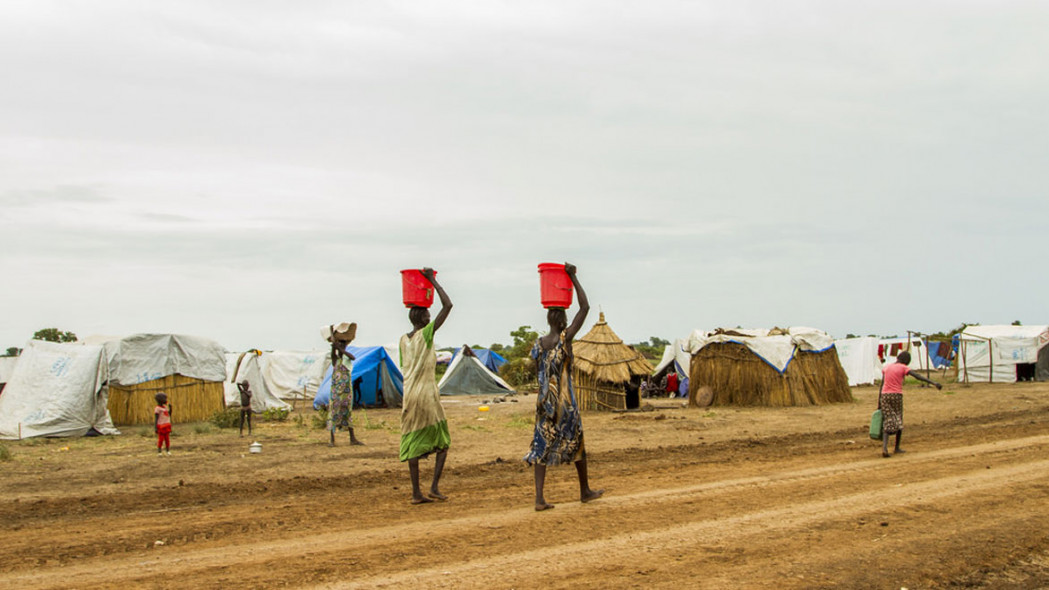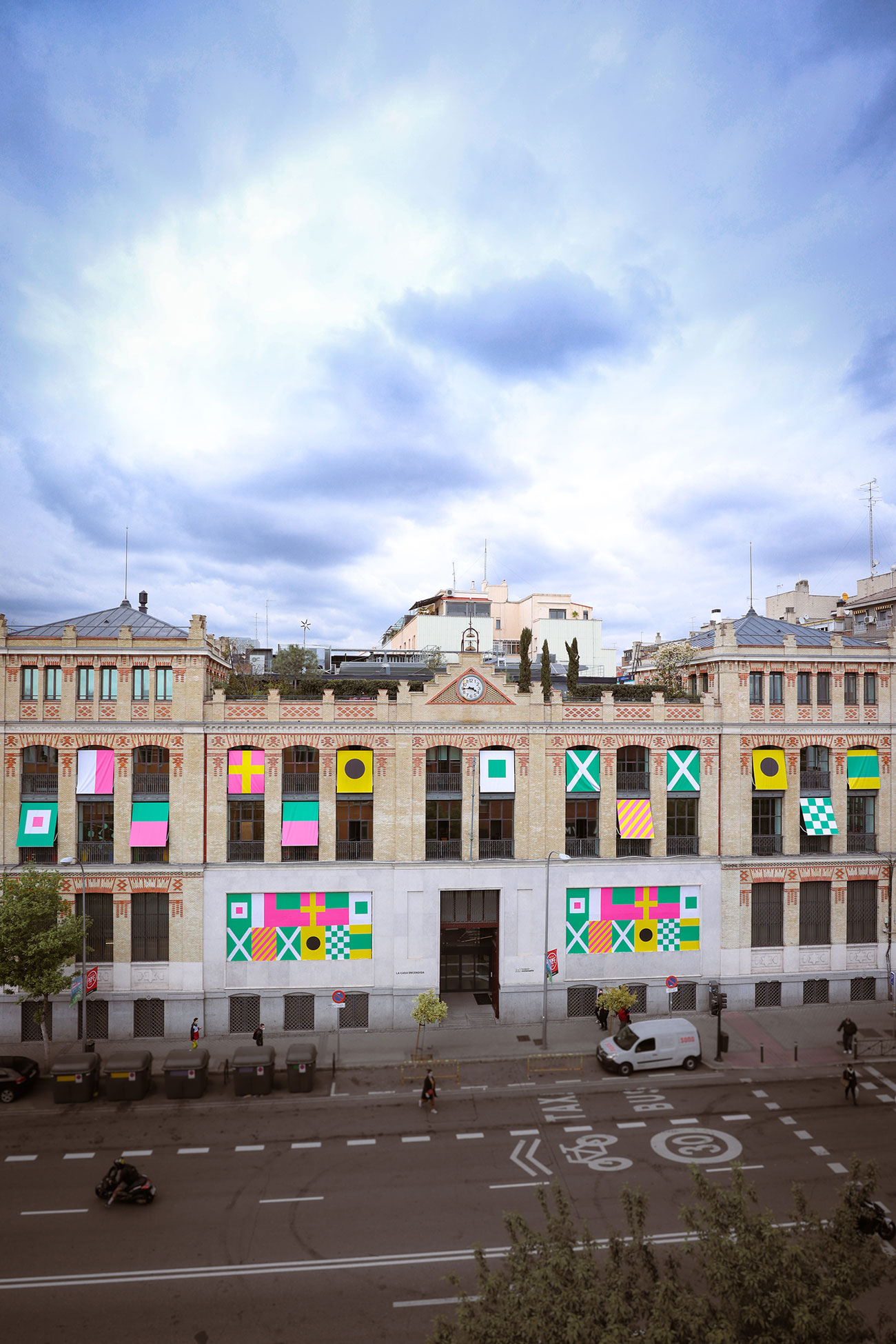Refugees and Displaced Persons: Named, Nameless and Forgotten

A four-part audiovisual cycle that narrates the experiences of some of the millions of people across the globe who have been displaced by poverty, social exclusion, climate change or armed conflict. As migrant numbers swell, they encounter an increasingly hostile response from an international community incapable of dealing with this crisis.
Year after year the number of forced migrants grows, knocking on the doors of Western countries or immersed in our own societies. Today 250 million people live outside their country of origin. This is certainly the case of the refugees from Syria, Libya and the Sahel who wash up on Europe’s Mediterranean shores, but they are not the only ones. Most receiving countries have attempted to cope with this crisis by adopting security policies that violate human rights and international conventions on succour and sanctuary, and what many of these people encounter on arrival is a social climate of xenophobia. A major problem is the absence of legislation guaranteeing basic human rights in such situations, but existing laws also need to be enforced more effectively. Additionally, both the legal system and civil society need to have a better and more detailed understanding of what makes millions of people migrate.
This film cycle aims to create a space where we can listen to migrants talk about their experiences and the different forms of violence and exclusion they suffer, combined with the analysis of experts in various fields. The sessions will explore different thematic and geographical angles and present multidisciplinary reflections on the underlying causes of those migration flows and their consequences, as well as the different strategies devised by various governmental and non-governmental agents in response to this phenomenon.
We will examine some of the causes of migration that are still relatively invisible, such as displacement due to climate change, internal displacement, and migrant collectives within a country’s borders: women, for instance, are especially vulnerable in situations of armed conflict and often victims of sexual violence, as in the case of Colombia, and social ostracism due to sexual orientation is rampant in countries like Uganda, Mexico and South Africa. We will also have a chance to rethink how we see these people in receiving countries, where they are often treated as burdens on society, by hearing stories of how migrants have developed mutual support systems from which we can learn a great deal.
The featured film at each session will be followed by a discussion where we will have the opportunity to hear from activists or professionals with first-hand knowledge of such situations.
Coordinated by: IECAH (Institute of Studies on Conflicts and Humanitarian Action).
